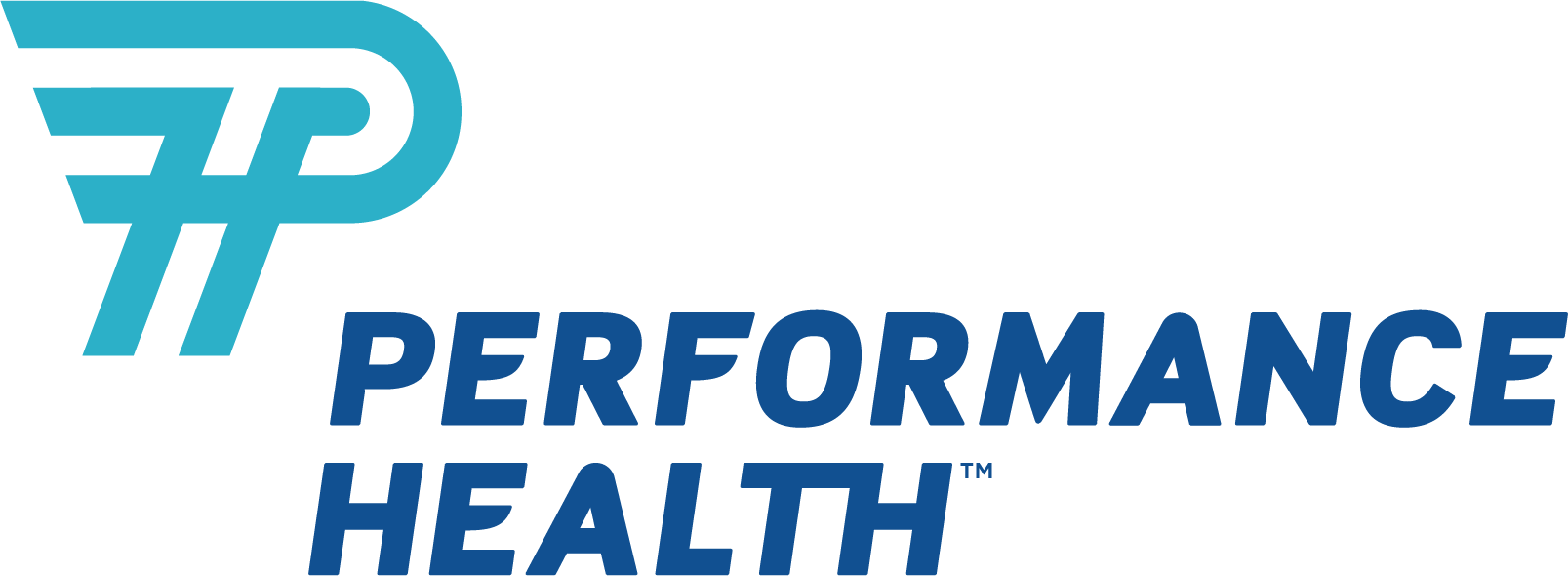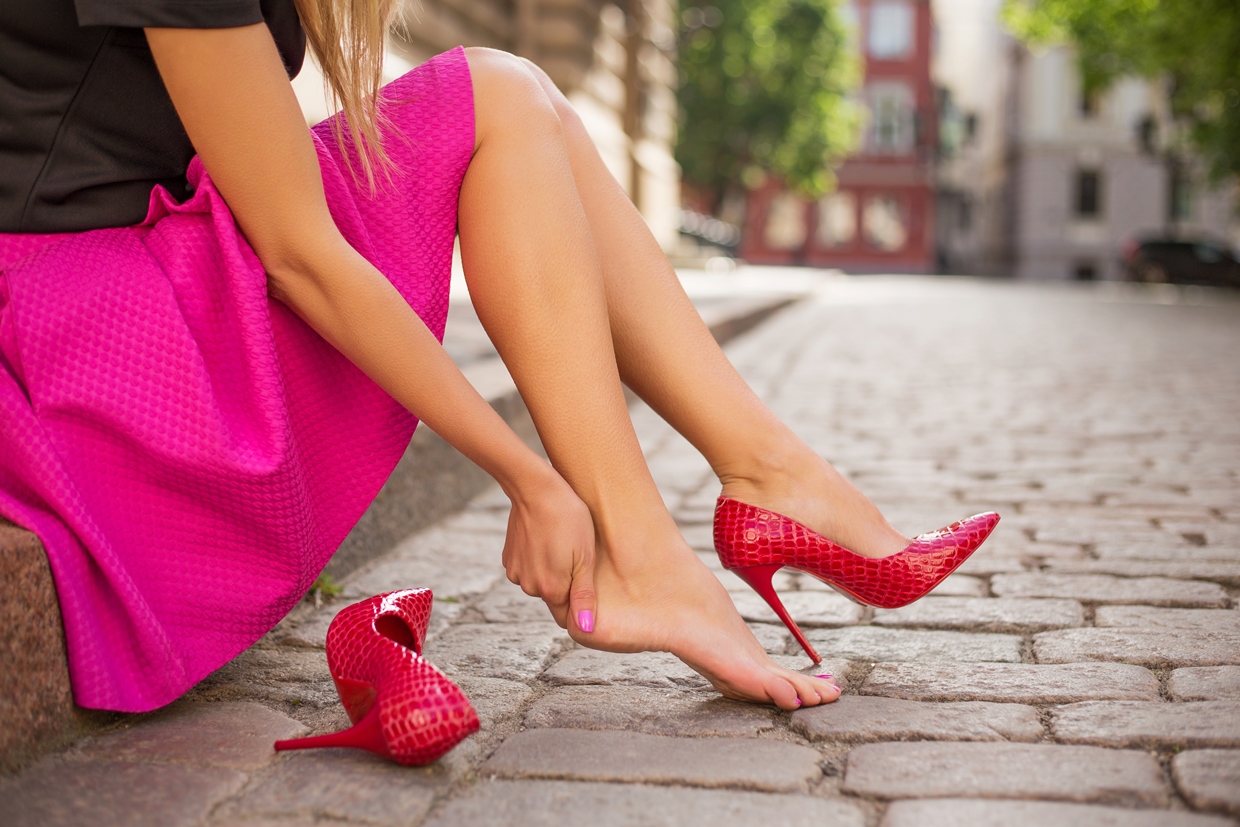Who can forget Carrie Bradshaw running across the street in the highest of heels, making it look easy? On the other hand, who remembers the infamous scene from Father of the Bride where Annie Banks forgoes heels for comfort in a pair of bridal gym shoes? The fact of the matter is, it often feels like women have to choose between comfort and looking chic. That doesn’t seem quite fair.
Most women agree too. A survey by the American Podiatric Medical Association revealed that 42% of women said they would wear a shoe they loved even if it caused discomfort while a whopping 73% admitted that they were already experiencing a foot issue due to their choice of shoes.
Doctors say that anytime the foot is constricted by a shoe, there will be inevitable pain. High heels are actually worse since not only do they constrict the foot but place a lot of stress and weight on one part of your foot–usually your toes. Heels can cause bunions, corns, calluses, hammertoes, and of course, that ache most women know so well. And it will only get worse as you age. So, what can you do to avoid the pain and still feel like you’re putting your best fashion foot forward?
We aren’t here to tell you to only go barefoot. Here are six tips to help relieve your high heel pain:
1. It’s All About Fit
It seems obvious, but no matter how gorgeous the shoe or what sale you may find them on, make sure the shoes are neither too big nor too small. Too big and you’ll slip and slide and probably experience blisters from the friction. Too small and you’ll be putting more stress on your toes. Heels are sexy but are corns or even hammertoes? If you try them on and they immediately cause pain, they are not the shoes for you!
2. Consider An Open Toe
Let your little piggies breathe! Not only does this relieve stress on your toes, but they won’t be as constricted either, which means you’ll be at lesser risk for all the possible feet issues mentioned earlier.
3. Get Yourself Gel Inserts Stat
Gel inserts are economical and can save you from a world of pain. Not only can you extend the amount of time you can stand in your heels without pain, but it will distribute the stress on your foot evenly too. Whether you’re running like Carrie or have a special event like Annie, they are a must with heels!
4. Try a Thicker Heel
Maybe you’ve already noticed that a thicker heel is more comfortable than a stiletto. A thicker heel on a pump is not only in style right now, but it also helps distribute your weight evenly, alleviating pressure on the most vulnerable parts of your feet.
5. Treat Any Open Blisters or Sores
This should go without saying, but if you have a blister don’t just treat it with a foot balm to speed your healing; wear something that isn’t going to make it worse! Do you really want to be in pure agony? Take a break from heels and go for comfort as your sore heals. On your next heel worthy occasion, try preventing sores ahead of time using blister pads so you don’t need to cut your night short because of foot pain.
6. Consider the Height and Slope
Two inch heels are just as sexy as four inch ones and can make a huge difference in the pain you experience and your overall foot health throughout your lifetime. Also, when picking out heels, be sure to look at the slope of the shoe. If the line from the heel to the toe is super extreme, pass. You can have the best of both worlds and give your feet a break while wearing heels at the same time.
So, the answer is no: you don’t have to give up your high heels. But with a few small changes and concessions, you can take care of your feet, experience less pain, and live out your Carrie Bradshaw fantasies too.
References
WebMD. (2009). Tips to Avoid Foot Pain from High Heels. Retrieved from https://wb.md/2TWK16O
Medical Disclaimer: The information provided on this site, including text, graphics, images and other material, are for informational purposes only and are not intended to substitute for professional medical advice, diagnosis or treatment. Always seek the advice of your physician or other healthcare professional with any questions or concerns you may have regarding your condition.








 France
France Australia
Australia


